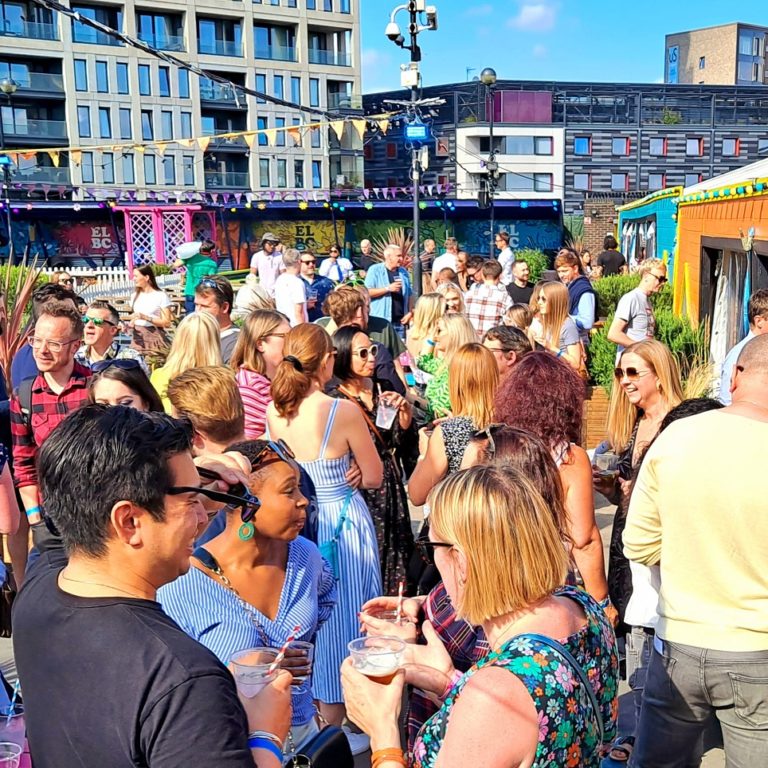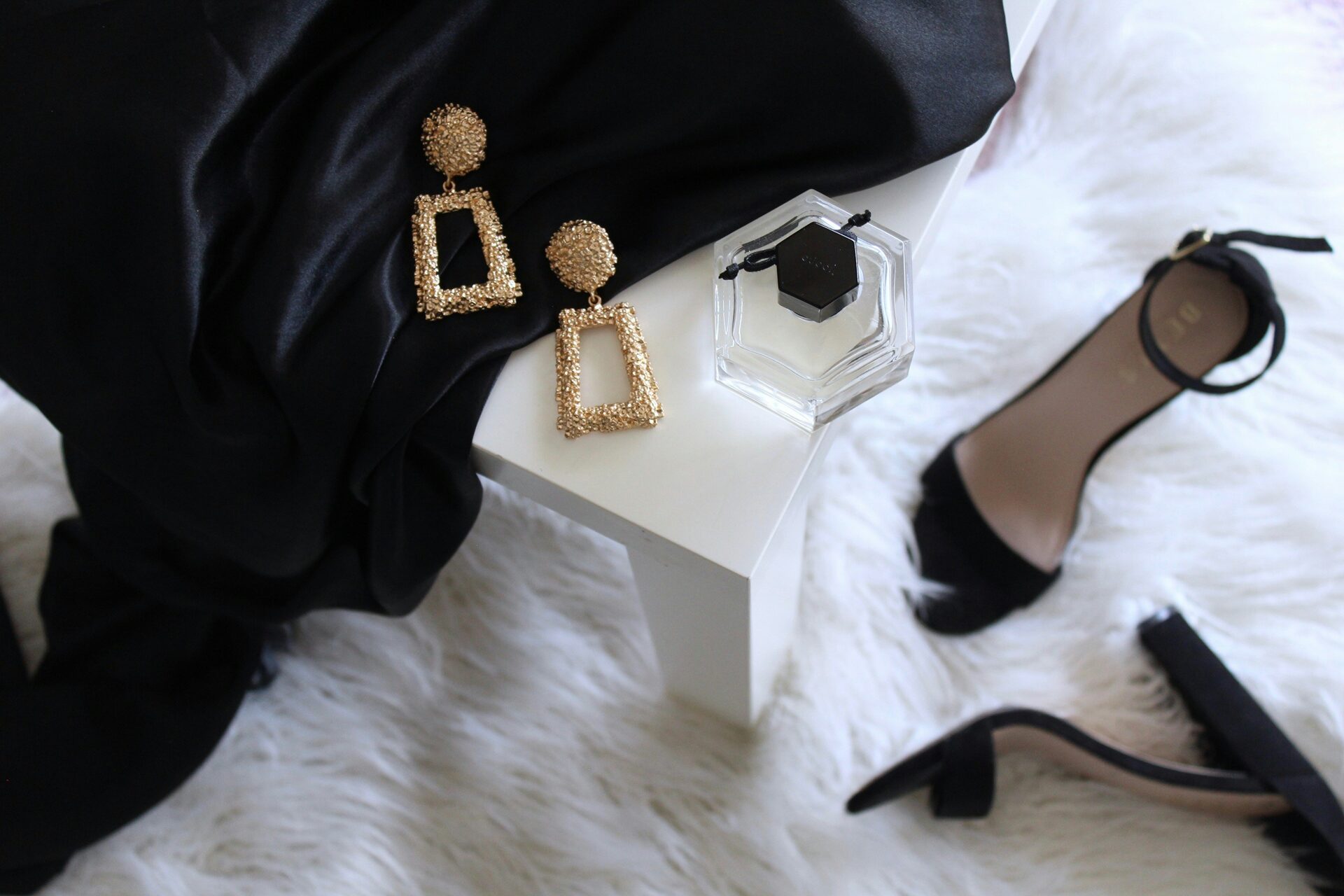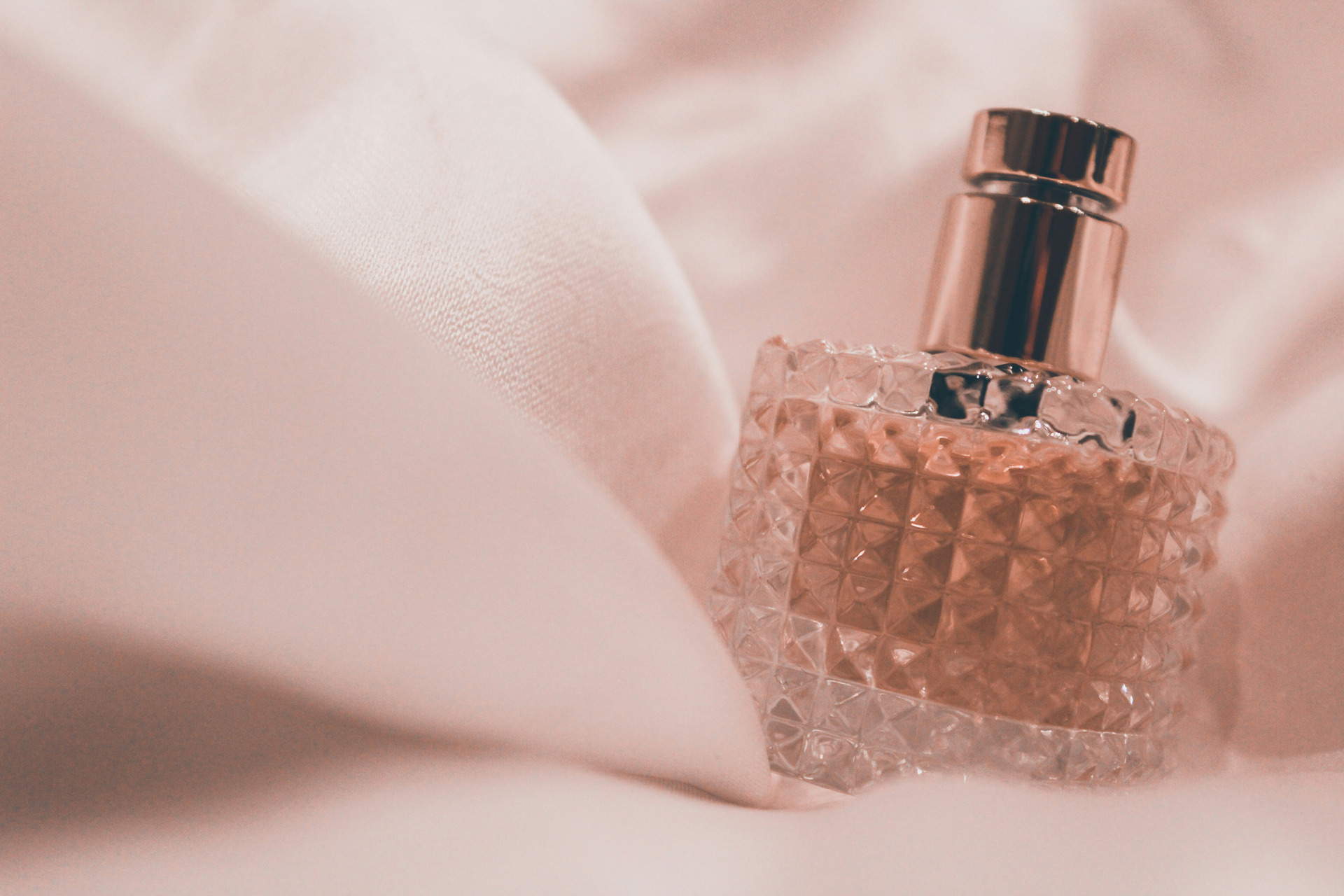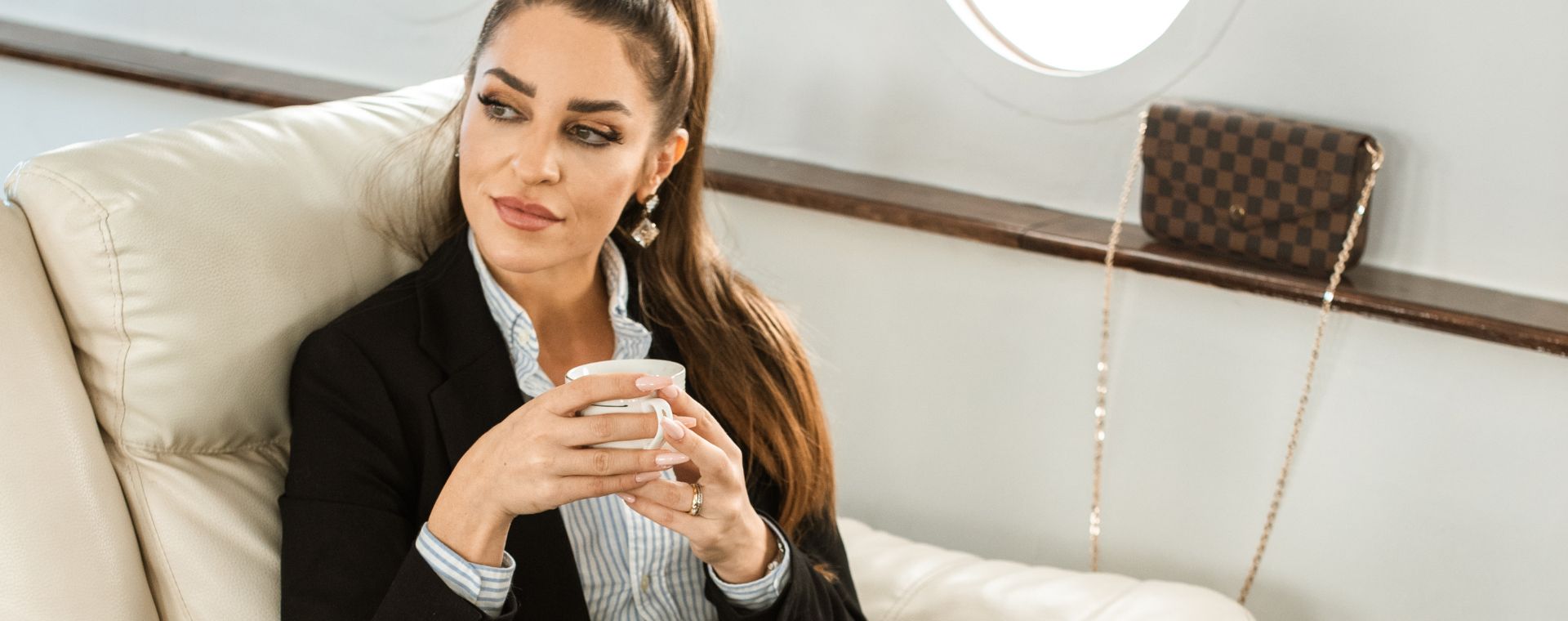Pre-pandemic, a large proportion of Chinese luxury purchases were made abroad. Bain estimated in 2019 that Chinese tourists made up nearly half of luxury purchases in Europe and two thirds in Asia, with very little spend happening domestically within China. However, this plummeted as a result of Covid-19 travel restrictions, and despite hopes across the luxury market that this spending would bounce back, we’re yet to see firm evidence of this. In 2023 around 70% of luxury purchases are still made domestically within mainland China. This is largely attributed to brands significantly enhancing their stores within China, reducing the need for Chinese consumers to travel abroad for a luxury shopping experience.
Willingness to travel
Chinese consumers are still as enthusiastic about traveling overseas as they were pre-pandemic. However, their motivations have evolved; after being confined for over a year during the pandemic, there’s a noticeable shift towards exclusivity and cultural experiences, valuing experiences over the accumulation of luxury goods. This shift is shaping the luxury travel offer, however shopping remains an important factor in Chinese consumers’ desire to visit certain countries.
Data from Q1 2024, MillionaireVue, a quarterly omnibus survey of 500 millionaires, highlights Europe and the United States as the most popular purchase-driven destinations, with two thirds of Chinese consumers considering Europe and the United States, for holiday shopping. These regions are favoured for luxury shopping due to lower taxes, making luxury goods more cost-effective, and assurances of brand authenticity as they are buying direct from retails. Additionally, shopping in iconic locations such as Paris or New York is seen as a status symbol, and can add to the perceived value of these items. This underlines that while enjoying exclusive experiences are possible to find closer to home, the allure of luxury shopping in renowned destinations still holds significant appeal.
Changing attitudes
The pandemic has also led to a notable shift in consumer behaviour; Chinese millionaires have seemingly shifted to value more high-quality ‘slow luxury’ items; spending significantly more on items like jewellery and watches, fine art and fine wine when purchasing abroad than their UK counterparts. Suggesting a renewed desire for rarity, and exclusiveness within their luxury spending.
Cultural experiences
Many Millionaires, are now looking to combine their shopping desires with rich cultural experiences and unique activities, making their trips more fulfilling and multifaceted, so destinations that can delivery both exceptional shopping and unique, authentic experiences will likely grow in favour amongst this audience. This highlights luxury brands need to be ever evolving and adapting to market changes, as well as understanding the evolving behaviour of the Chinese audience.
To find out more about the work our wealth & luxury team do, or to speak to one of our wealth specialists, please click here.








